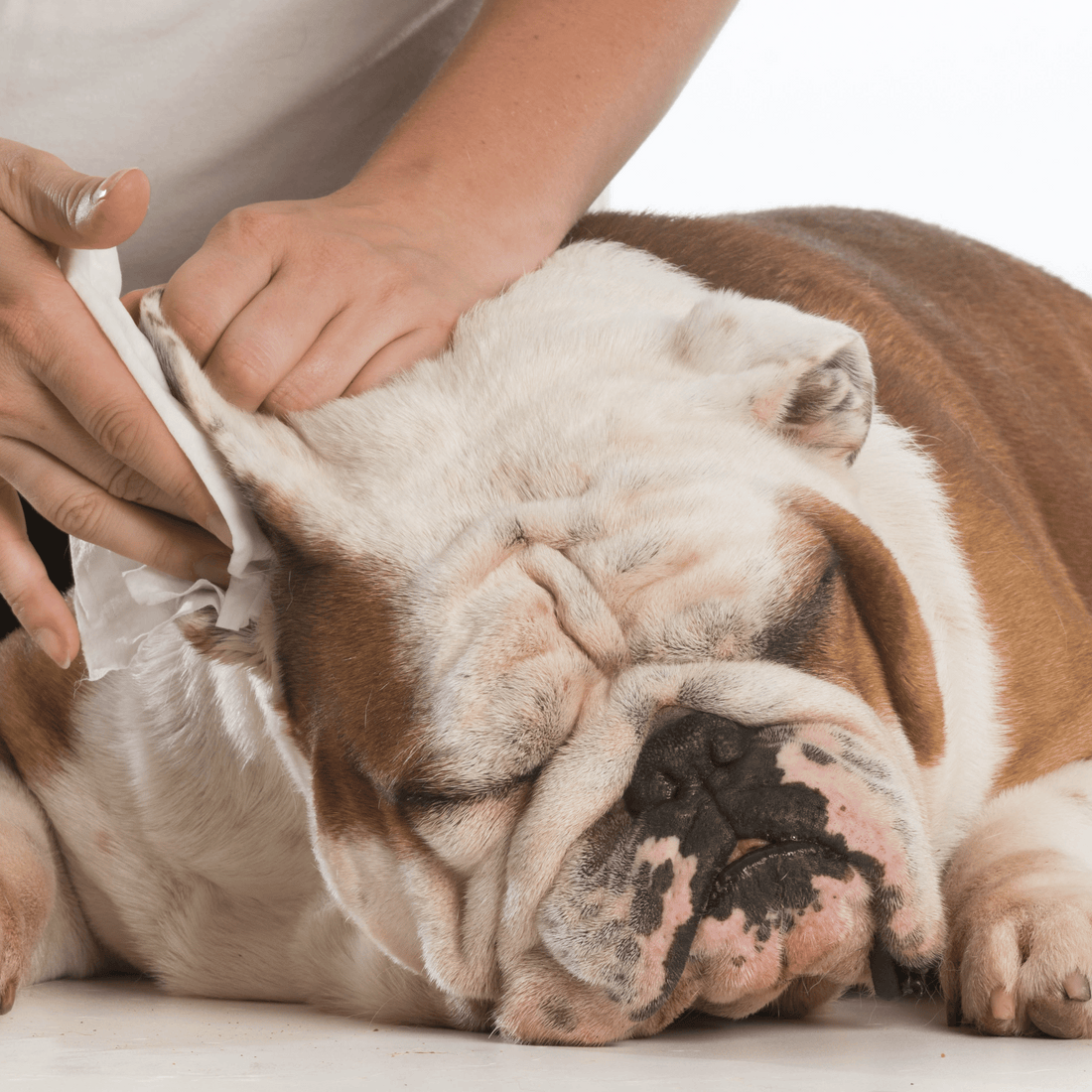
How Can You Keep Your Dog From Getting Ear Infections?
Share
Ear infections are something that most dogs suffer from at least once in their lifetime. While they may not be serious, they can be uncomfortable and painful for your pet. It doesn't stop there as infections can cause permanent damage to the ear canal, so it's important you do whatever is within your power to keep your dog healthy and infection free.
Ear infections are common in dogs, and they can be painful. If your dog has a history of ear infections, it's important to take preventative measures to keep them from happening again.
There are several things you can do to prevent ear infections in your furry friend:
First and foremost, keep their ears clean! Check their ears weekly and clean them with a damp cotton ball or. You can also purchase over-the-counter ear cleaning solutions at your local pet store.
Keep their environment clean as well! The majority of dogs who are prone to developing ear infections have allergies or other problems related to their immune system. This means that any time you bring something new into their environment (i.e., food), you should introduce it slowly so that their bodies have time to adjust before being exposed to large amounts of it all at once (which could cause an allergic reaction).
A few more ideas on preventing ear infections…
- Check your dog or cat's ears regularly for signs of an infection, such as redness, swelling, odor or discharge. If you notice any of these symptoms, contact your veterinarian immediately.
- Clean your pet's ears weekly with a solution that contains 1 teaspoon per cup of water of hydrogen peroxide or vinegar, then dry them completely afterward (you can use cotton balls).
A simpler way to clean your pet’s ears is to use a pre-made solution that not just cleans but also deodorizes the natural odor from a potential bacterial or fungal infection.
- Brush your pet's hair regularly to help keep dirt away from the ears and protect against mites that can cause inflammation within their skin layers - especially if you live in an area where ticks are prevalent!
- Talk with your veterinarian about whether they should be treated with antibiotics if they develop an infection (this will depend on their age as well as other factors).
It's clear that pet owners would do well to understand their options when it comes to preventing and treating ear infections, and implementing a preventative treatment plan if they want to ensure that their dogs stay healthy. Ear infections are painful and unpleasant for both your dog and you, so take steps now to make sure that your best friend doesn't needlessly suffer in the future.
